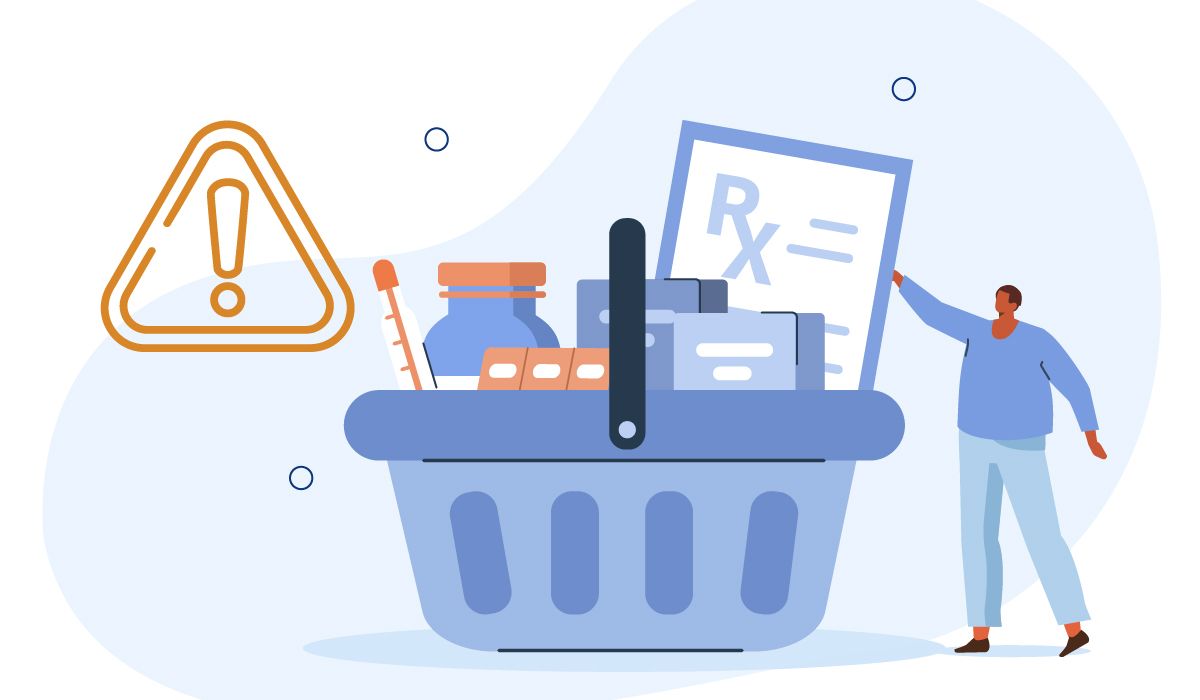On September 27, 2021, for the first time in six years, Drug Enforcement Administration (DEA) issued a public safety alert warning Americans of a surge in deadly counterfeit pills containing fentanyl and methamphetamine flooding into the United States. The last time DEA issued a similar alert was to raise awareness of a national rise in seizures of synthetic opioids, specifically fentanyl and fentanyl analogs frequently laced in heroin. At the time, the US was also seeing a precipitous rise in overdose deaths as a result of synthetic opioids (72% from 2014 to 2015), and of the 52,404 US overdose deaths recorded by the Centers for Disease Control and Prevention that year, 18.2% involved a synthetic opioid. Since then, the number of overdose deaths in the US has nearly doubled to 93,331 and now over 60% (57,500) involve a synthetic opioid. That means that the number of Americans who died of an overdose involving a synthetic opioid in 2020 is more than the total number of Americans who died in 2015 from all drugs combined.
In their September press release, DEA described how Americans, many unknowingly, now come into contact with fentanyl. Counterfeit pills containing fentanyl, and in some cases methamphetamine, are mass-produced in clandestine labs in Mexico from precursor chemicals shipped from China and then smuggled into the US to be sold on popular social media and e-commerce platforms. Alarmingly, these pills are made to look like legitimate medicines such as oxycodone (Oxycontin®, Percocet®), hydrocodone (Vicodin®), alprazolam (Xanax®), and amphetamines (Adderall®) – often replicating the shape, size, color, and markings of their genuine counterparts. In a nationwide sting conducted two months prior to this announcement, DEA arrested over 800 individuals and seized 1.8 million fentanyl-laced pills and nearly 1,570 pounds of fentanyl powder. This tranche of illicit drugs contributed to the more than 9.5 million counterfeit pills already seized thus far this year, which is more than the last two years combined. DEA testing also revealed that as many as four out of 10 pills contained at least two milligrams of fentanyl, which is generally considered a lethal dose, explaining DEA’s tagline for their public education campaign – “One Pill Can Kill.”
However, as DEA explains, the volume of and lethality of the counterfeit pills coming into the US are not the only factors driving this tidal wave of deaths. The ease at which consumers are able to access them by way of the internet and, in many cases, their lack of awareness of what they are taking has made this recent turn in the opioid epidemic particularly devastating.
In an interview on the “Today” show, DEA Administrator Anne Milgram, did not mince words when explaining the role that social media companies, such as Facebook, Inc, and Snap Inc, have played in facilitating the distribution of counterfeit pills across the country. Milgram remarked, “There’s no question in my mind that social media companies are not doing enough to stop this problem.” In reference to the data many social media platforms collect on their users, Milgram noted, “If we know that there’s drug dealing happening on their sites every single day, they know that too.”
As noted in our July blog post, consumers are ill-informed of the risks they face online. One in five Americans exclusively rely on online search platforms and social media platforms (Twitter, Facebook, or Instagram) to locate the online pharmacies they visit. Yet, nearly half of Americans erroneously believe that all websites offering health care services and/or prescription medications via the internet have been approved by Food and Drug Administration or state regulators for compliance with all applicable laws. The stories of victims of these counterfeit pills demonstrate just how trusting Americans, particularly teens and young adults, are of information they find online. Alexander Neville (14), Daniel Puerta-Johnson (16), and Alexandra Capelouto (20) all thought the pills they had purchased on Snapchat were legitimate prescriptions, but it only took one pill to kill them all.
Many in Congress seem to agree with DEA that social media companies are not doing nearly enough to protect their users. On October 14, House Democratic Leaders on the Energy and Commerce Committee (E&C) released the Justice Against Malicious Algorithms Act, which would amend Section 230 to remove absolute immunity in cases where content providers knowingly or recklessly promote content that materially contributes to the physical or severe emotional harm of any person. The bill is the result of multiple hearings over the past several years with the CEOs of Internet companies, such as Facebook, Twitter, and Google, which have yielded little meaningful action. When announcing the bill, E&C Committee Chairman Frank Pallone, Jr, (D-NJ) remarked, “These platforms are not passive bystanders – they are knowingly choosing profits over people, and our country is paying the price.”
It remains to be seen if that bill will receive the bipartisan support needed to make its way to President Joseph R. Biden’s desk, but one certainty is that far too many Americans are unaware of the risks they face online. Americans need to be educated that pills purchased outside of a licensed pharmacy are illegal, dangerous, and potentially deadly. That is why NABP has created a consumer education campaign to inform everyone about the necessity of buying medicine only through legitimate pharmacies via a valid prescription.
